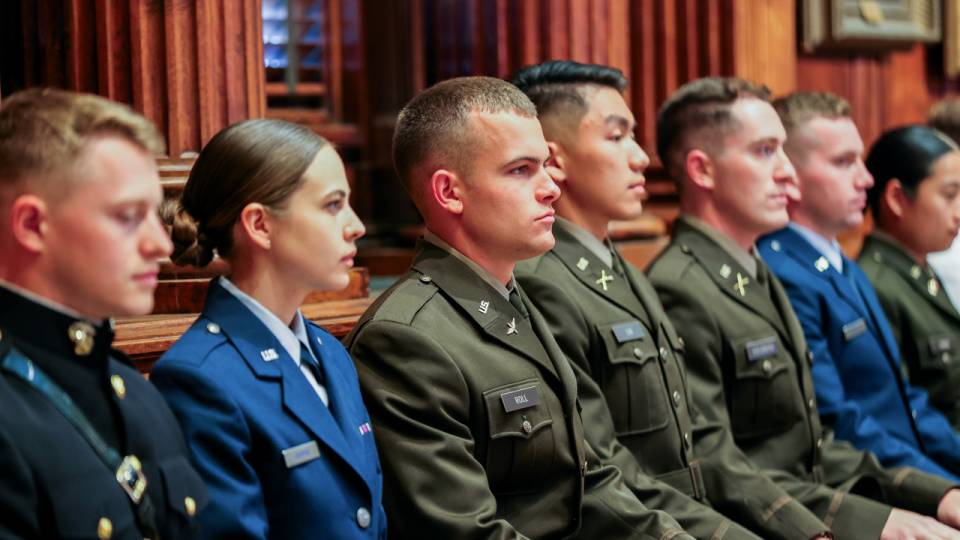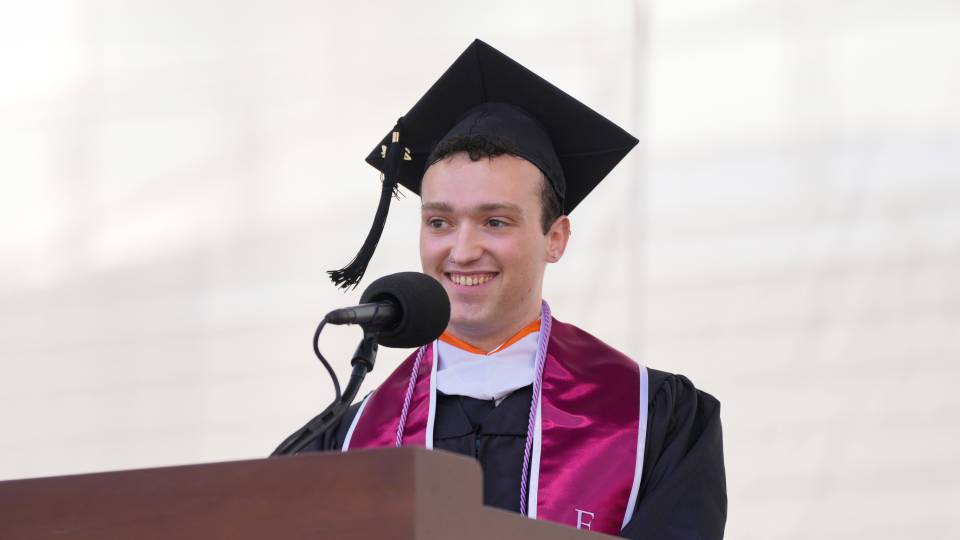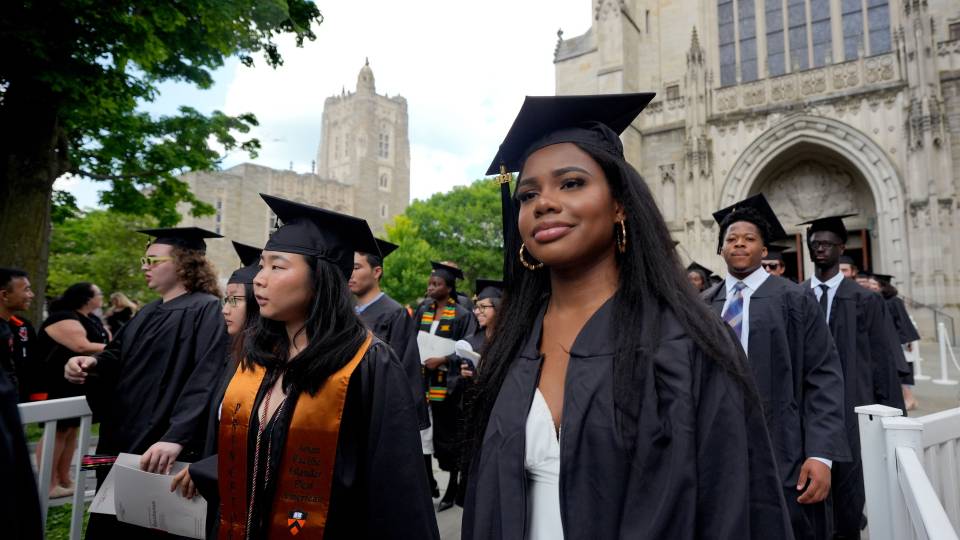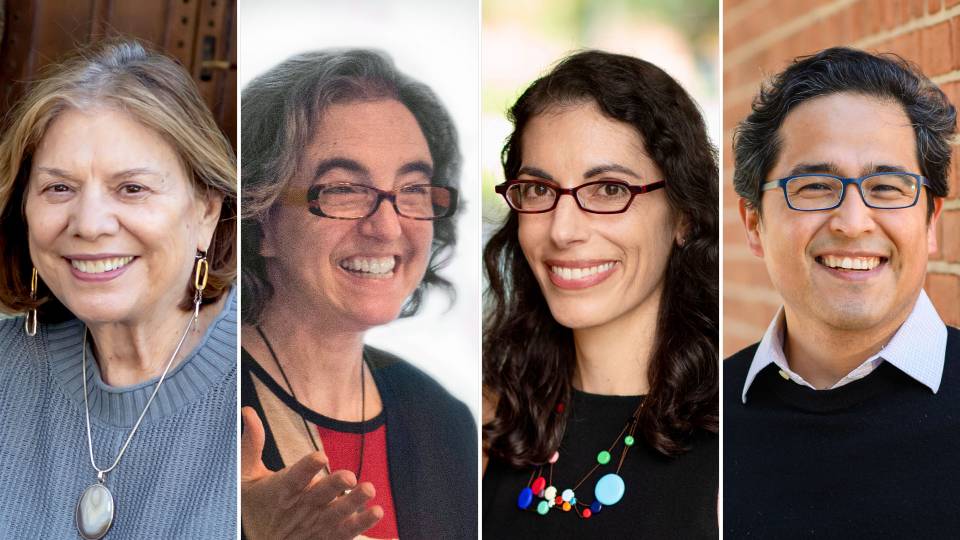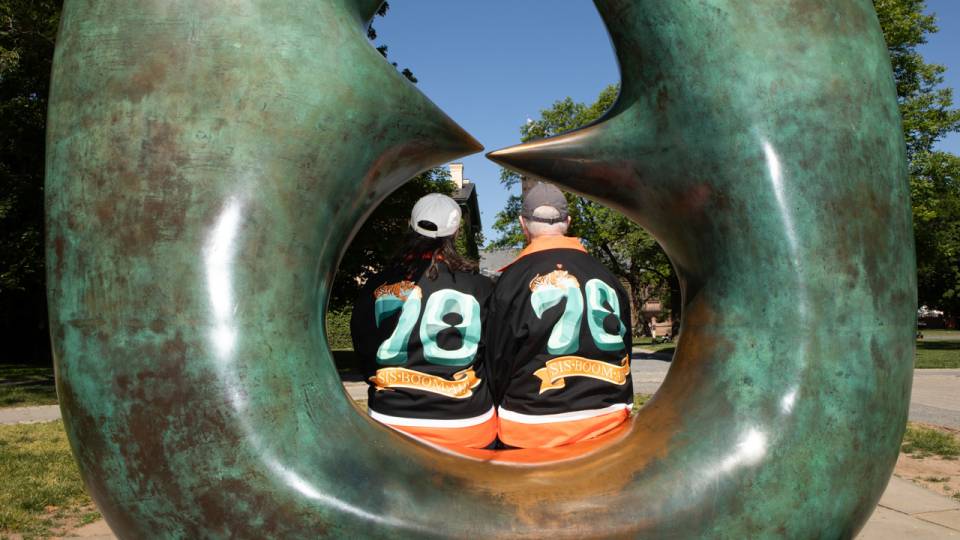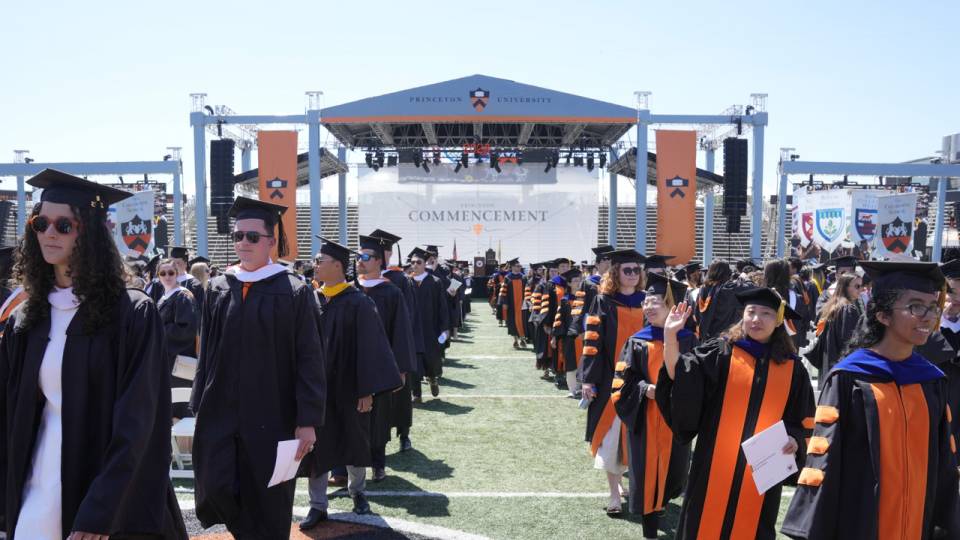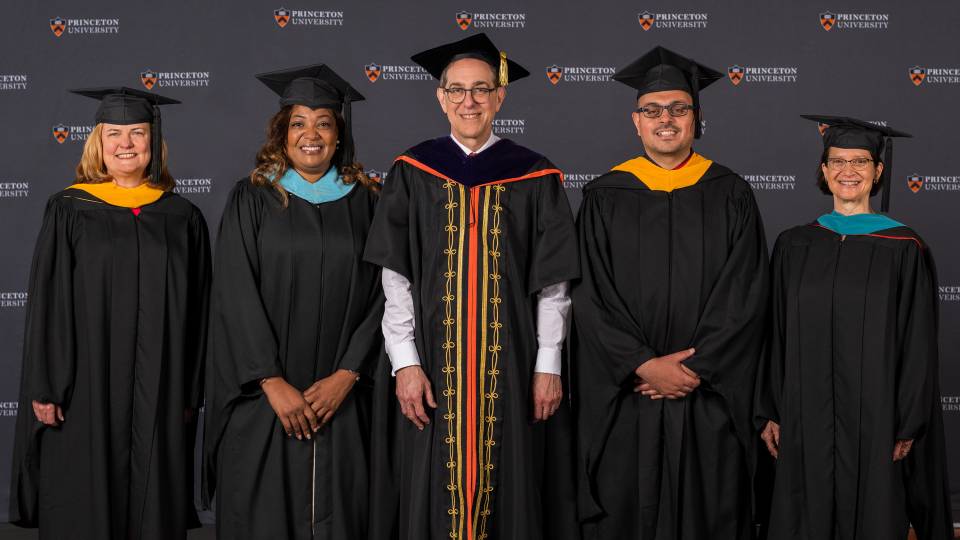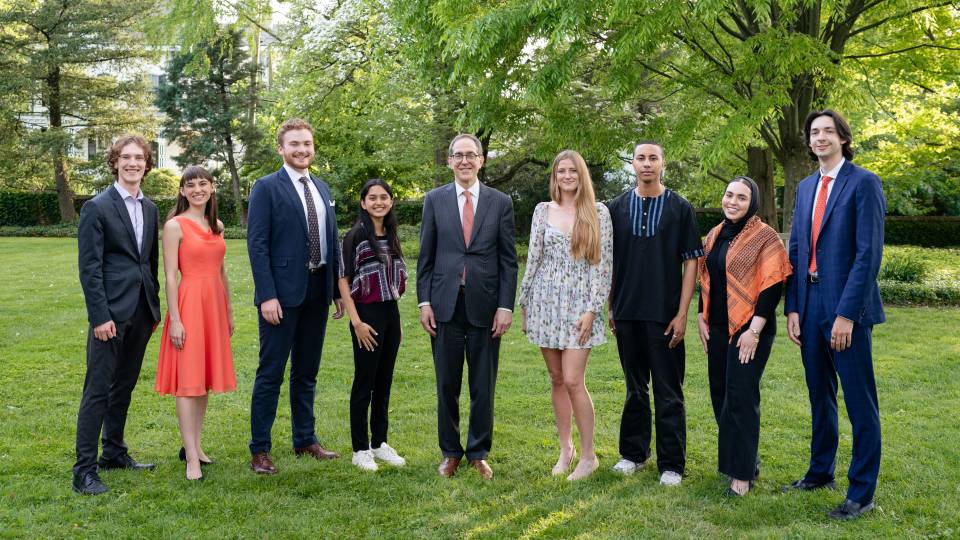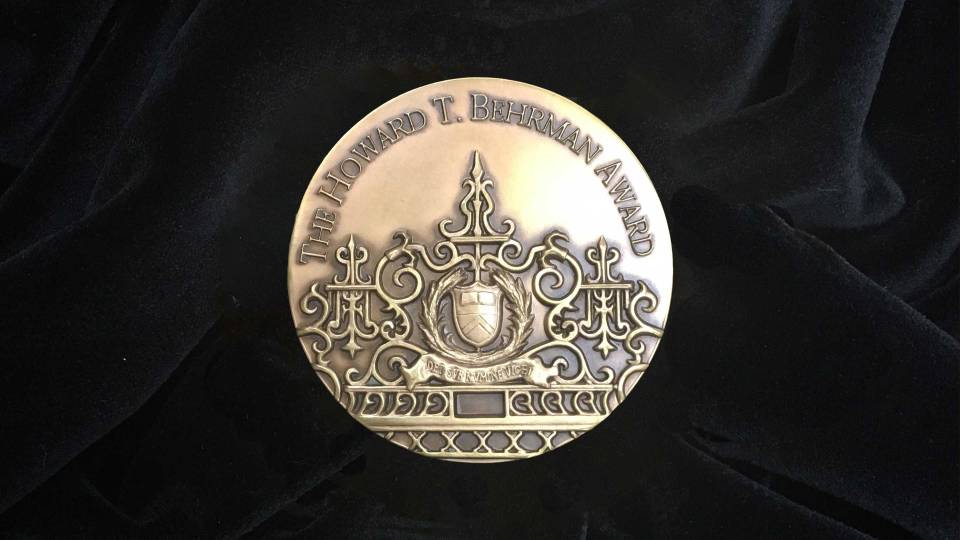The Princeton University chapter of Phi Beta Kappa will present its annual awards for excellence in undergraduate teaching to Eileen Reeves, professor of comparative literature, emerita, and Beth Lew-Williams, professor of history.
The awards will be presented at a ceremony on Monday, May 27.
The students outline the criteria for excellence in teaching as skill in instruction, commitment to working with and building relationships with undergraduates, and the ability to spark students’ intellectual interests. Each winner is presented with a plaque.
Eileen Reeves
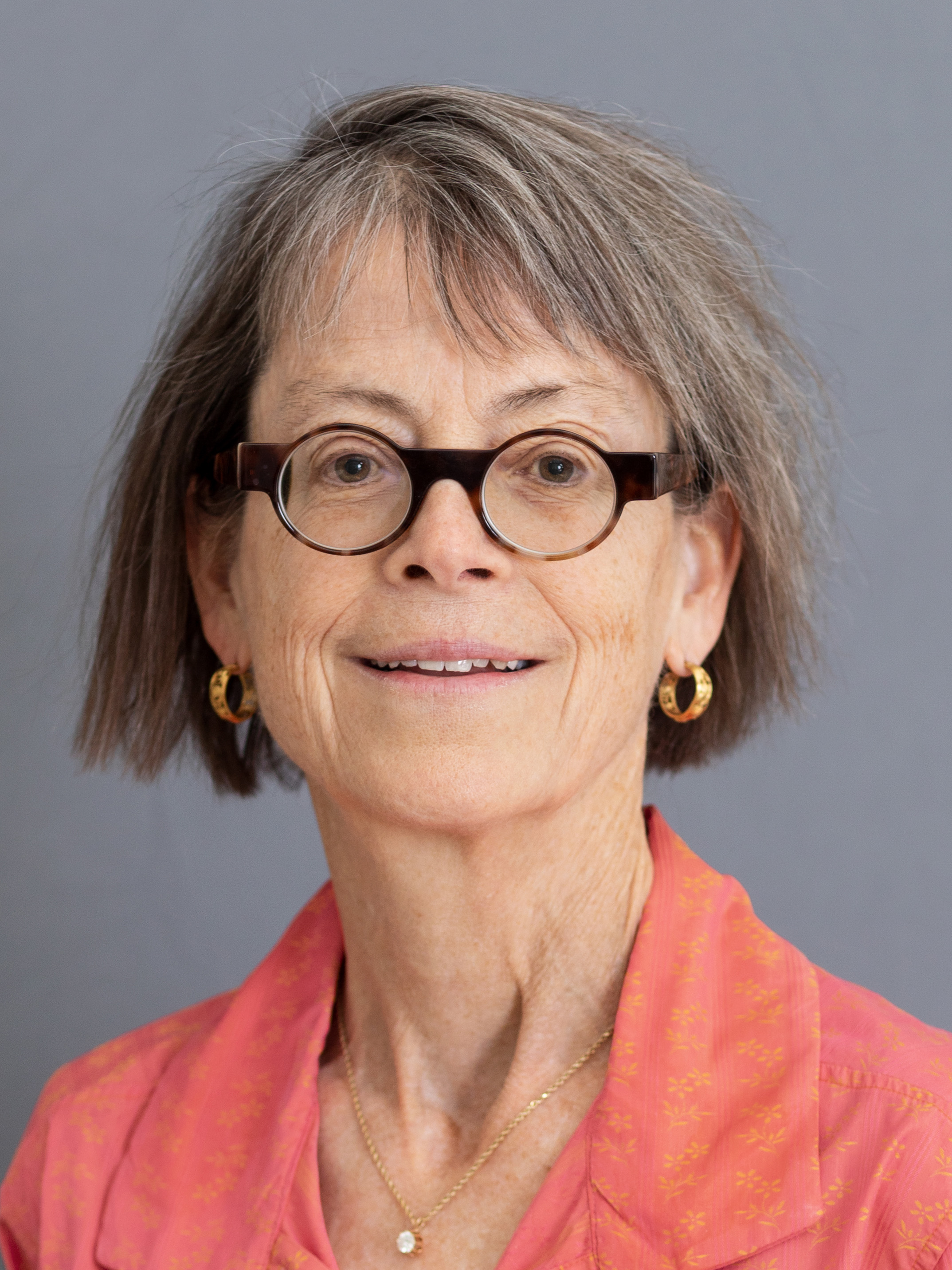
Eileen Reeves
“Tell me more” is Reeves’ catchphrase. She is known for her masterful ability to encourage students to grow as writers and thinkers while offering meticulous feedback. “She pushed me hard, abhorring ‘vile verbiage’ and loose arguments,” recalls senior Brian Sheng-Kai Li. “Yet in helping her students grow as writers and scholars, she also shows tremendous grace, patience and kindness.”
One of the world’s most recognized experts on the career of Galileo Galilei, Reeves focuses on European Renaissance humanistic studies, art history, and the history of science. She “is a powerful missionary for the joys of the early modern period, and her enthusiasm for the history of science and her ‘main man’ Galileo is electric,” Li said.
Students appreciate Reeves’ wicked sense of humor and her ability “to make the material as far away from ‘academically stuffy’ as possible. ... When work feels like recreation, you know you’re in a happy place,” said another student.
Anna Windemuth, Class of 2017, who wrote a novel for her thesis, noted that while “Professor Reeves usually dedicated her keen analysis to far greater texts, she extended the same intellectual rigor to my work” and “made East Pyne feel like home.”
Reeves earned her bachelor’s degree from Whitman College and her Ph.D. from Stanford University. She taught at Princeton from 1993 to 2023.
Beth Lew-Williams
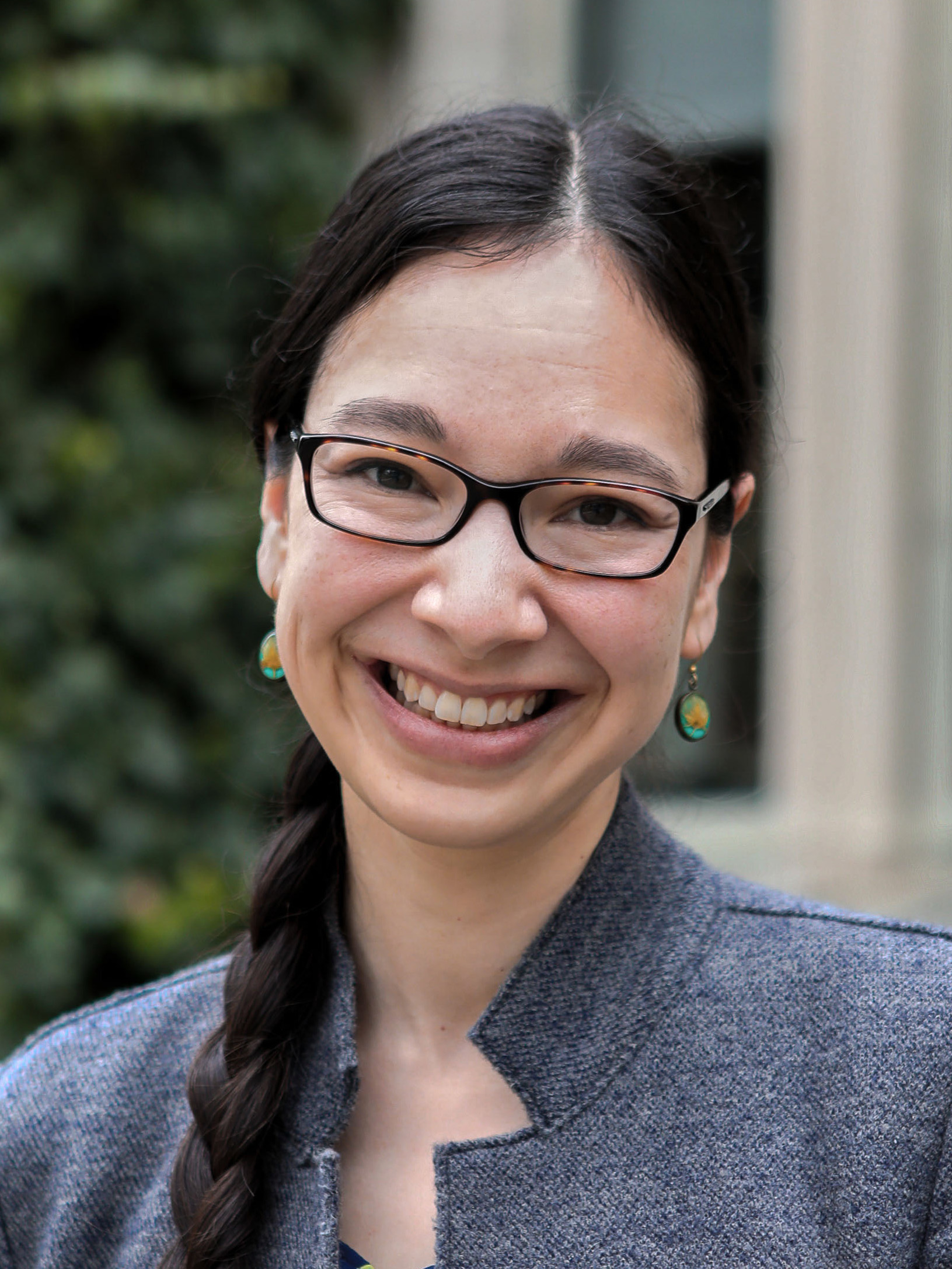
Beth Lew-Williams
An expert on Asian American history and a historian of race and migration, Lew-Williams is cherished by students for her “commitment to rigorous inquiry, intellectual humility and compassion,” said senior Christine Hu.
Subjects that arise in her courses require special sensitivity, as many of them are personal for students. “I think I speak for many when I say that the opportunity to learn about this history has been a healing, empowering and intellectually engaging experience,” Hu said.
When taking on topics that deal with violence and trauma, she always takes a deep interest in students’ opinions. “It is healing to understand the historical roots of the perpetual feelings of ‘otherness’ I experienced growing up,” Hu said. “I also feel empowered to advocate for change after learning about a history of Asian American activism previously unknown to me.”
A signature of many of Lew-Williams' courses is the oral history component. Each year, several dozen students conduct interviews to compile these original histories. “She pushes her students as scholars, and encourages them to listen closely and compassionately to others,” Hu said. “It is amazing that every time this course is taught, nearly 100 new oral histories are generated.”
Lew-Williams joined the Princeton faculty in 2014. She earned her bachelor’s degree from Brown University and her Ph.D. from Stanford.

